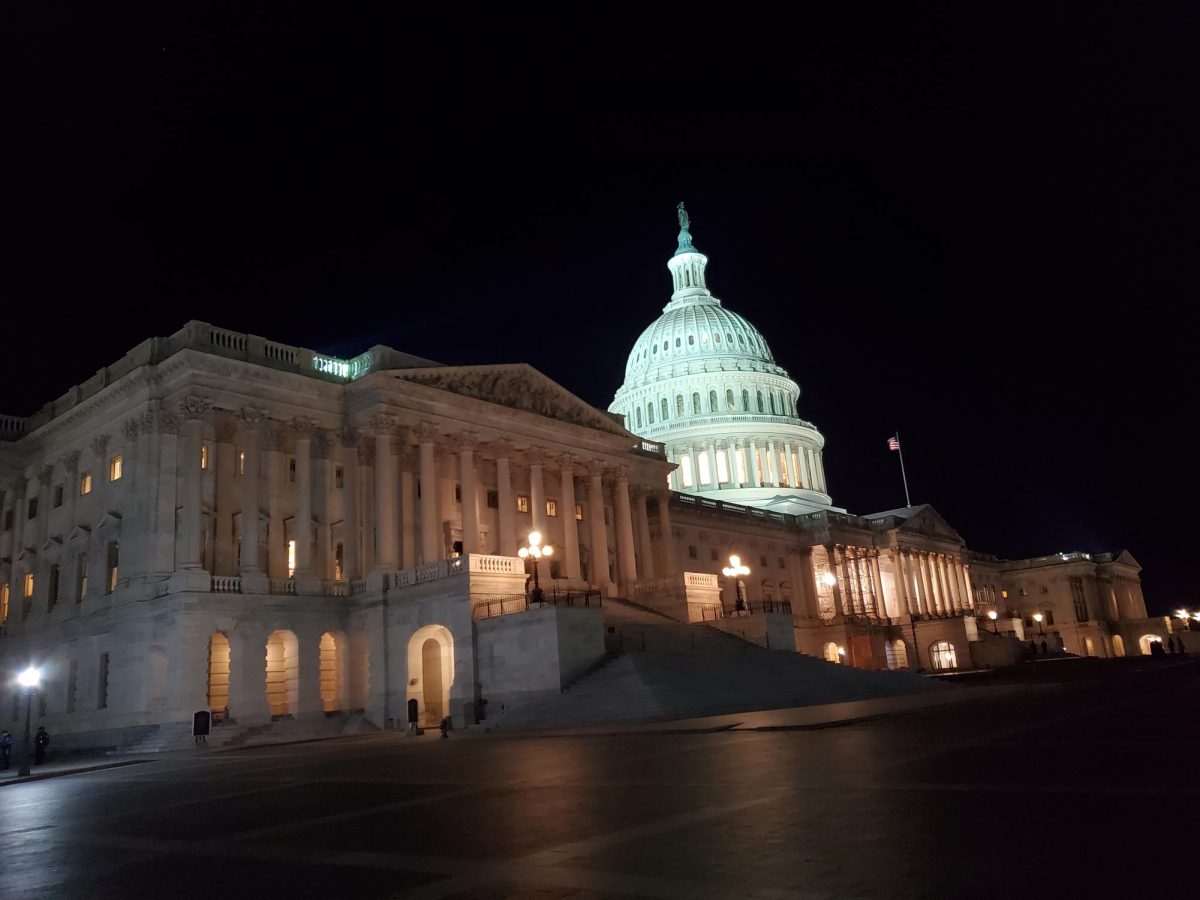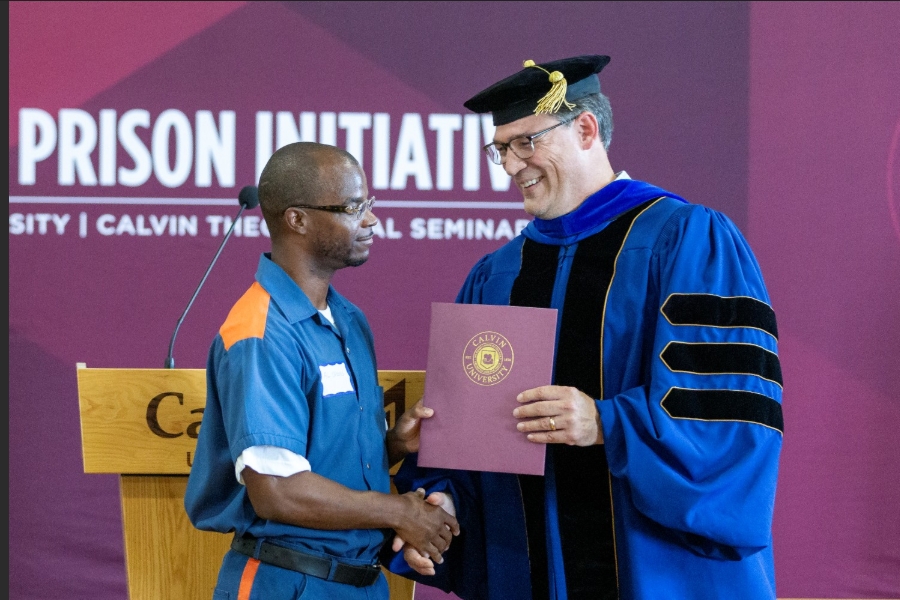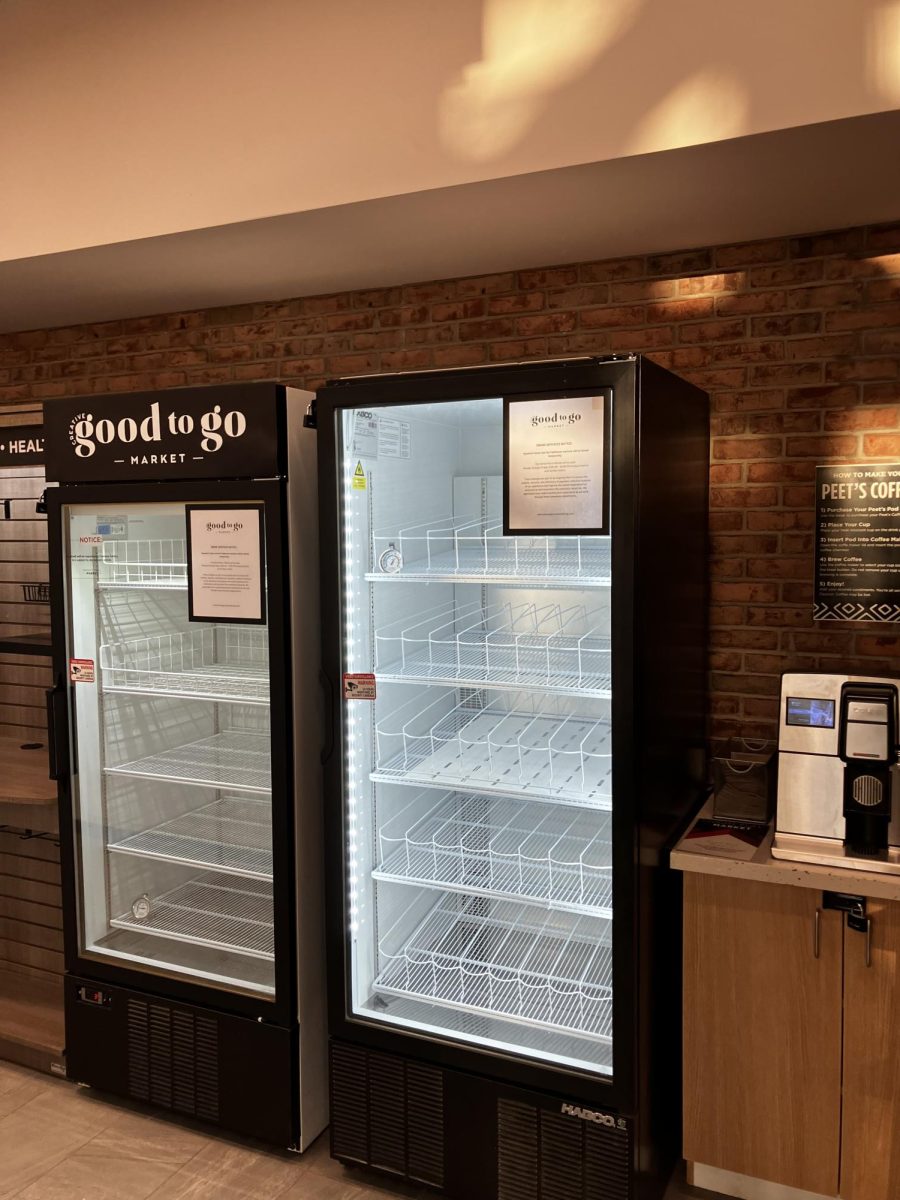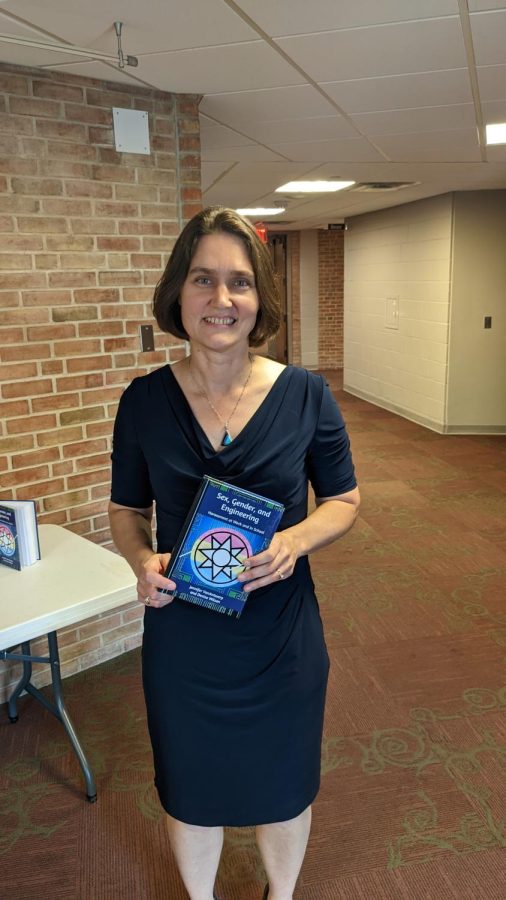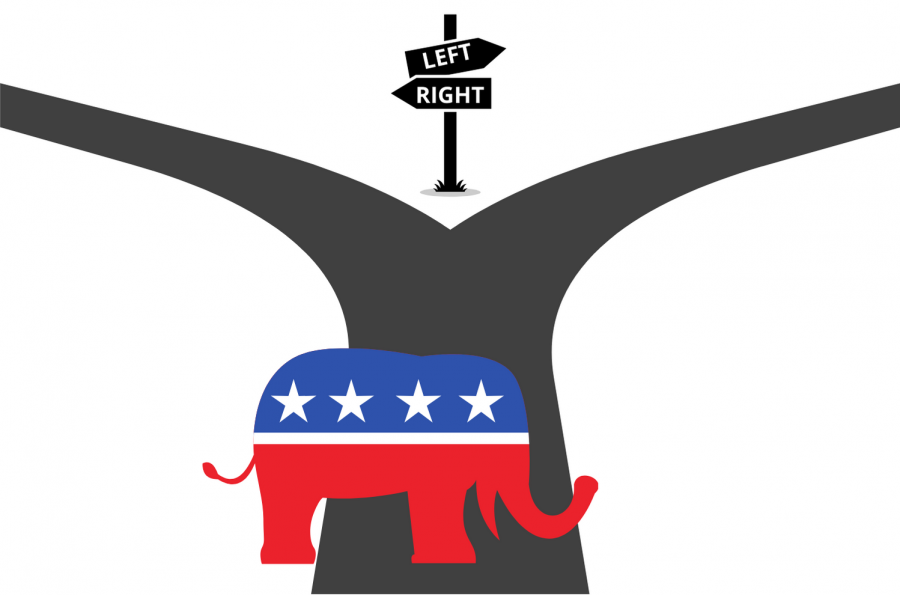In the last few weeks, the United States government has been facing the possibility of a shutdown. While the immediate impact on Calvin University is minimal, the effects may affect campus if a shutdown were to drag on.
Currently, it is unclear whether there will be a shutdown. On September 30, President Joe Biden signed a temporary spending bill to give the government 45 more days to pass a new spending bill before all non-mandatory federal spending will cease.
A government shutdown happens when the government fails to agree on a budget. Since 2000, the U.S. federal legislature bundled all appropriation bills — which fund government institutions — into one large continuing resolution to be voted on together. In theory, this expedites the process. However, if the continuing resolution is not passed, then the government shuts down.
Government institutions are not uniformly impacted by a shutdown. Some departments like the National Park Service shut down completely, some continue working without pay, and some — including the United States Post Service — are essential enough to continue to be funded throughout a shutdown. The consequences of a shutdown compound with time. According to Michael Dirksen, professor of politics and economics, “government showdowns get worse as time goes on, not everything happens on day one.”
As a private institution, Calvin University is not nearly as dependent on federal funding as state colleges and universities and won’t necessarily feel the immediate impact. According to Paula Elenbaas, a financial advisor here at Calvin, a “government shutdown will have minimal impact on Financial Aid, since we’re mid-semester and funds from Federal Student Aid (the US Department of Education) have already been disbursed to student accounts.”
Nevertheless, there are some smaller impacts that may still hit current students. If a student submits their Free Application for Federal Student Aid (FAFSA) right now, it might not get processed until a shutdown is over. Any Parent Loan for Undergraduate Students, or commonly known as PLUS loans, applied would not be processed or disbursed. However, the FAFSA for 2024-2025 is already delayed while it undergoes a process known as FAFSA Simplification. While a long government shutdown could impact this process, the FAFSA needs to be available by January 1 per federal regulations.
A government shutdown could potentially affect federal research grants. According to Beth Dykstra, director of Grants and Sponsored Research at Calvin University, agencies would not be able to review or disperse any future awards until the government is funded. But existing grants are usually not cut off. For example,grants from the Department of Health and Human Services as well as from the National Science Foundation have plans in place to keep them funded in the event of a government shutdown.
“Because of that, we can continue work on government funded research and projects as normal,” said Dykstra.



